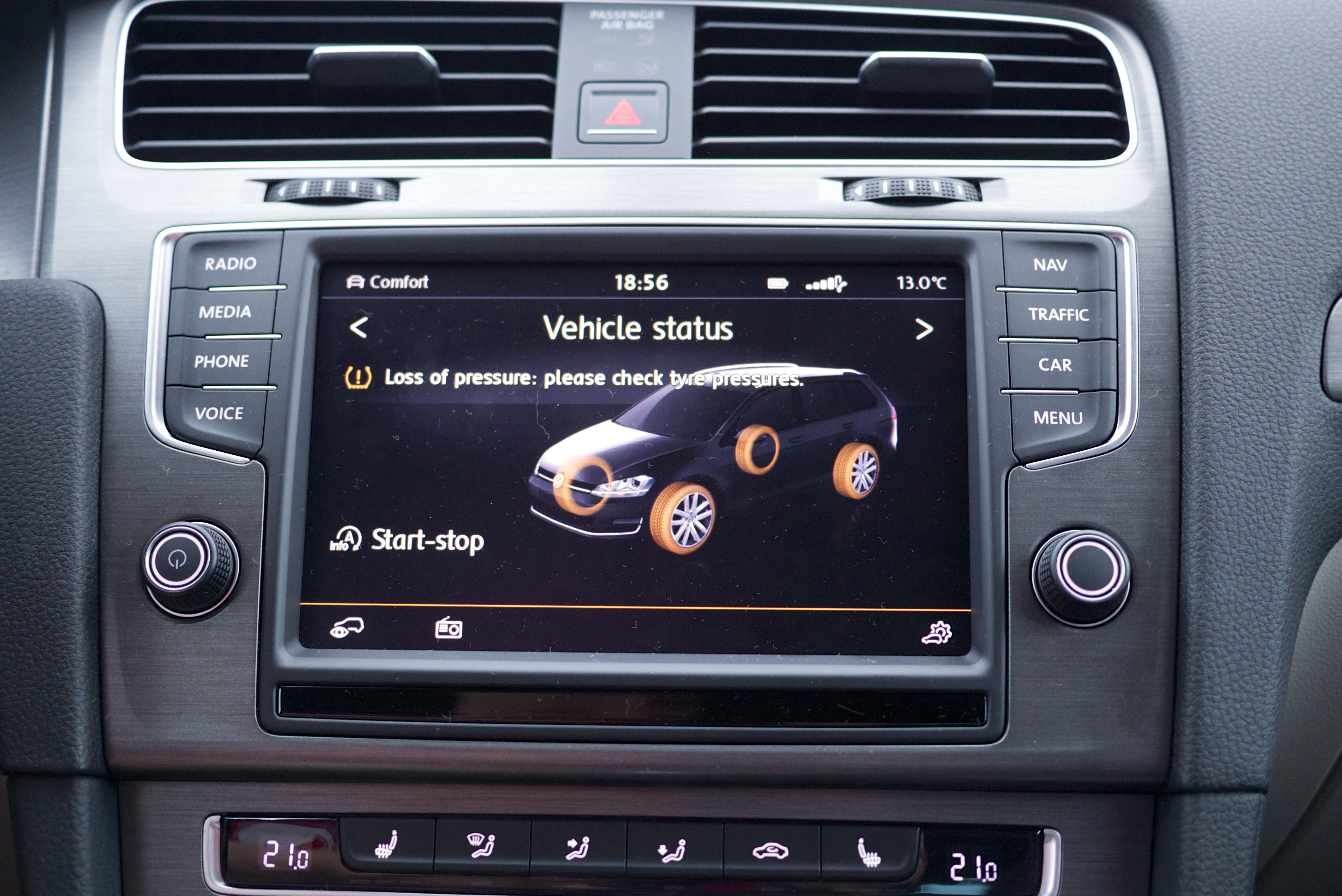Cyber security and the tyre business
For many, security is all about cash-management, stock-handling and making sure the premises are locked at the end of the day. In addition, tyre businesses have had to get more savvy over the years to avoid fraudulent orders. Now, with everything from phones, tills and even tyres themselves transmitting and receiving data, cyber security is the order of the day. There are lots of different sides to cyber security, so let’s start with some of the most recent most relevant examples to the tyre business.
This article is an example of the editorial comment that introduces every edition of Tyres & Accessories magazine. Not a subscriber? No problem, click here to become one.







